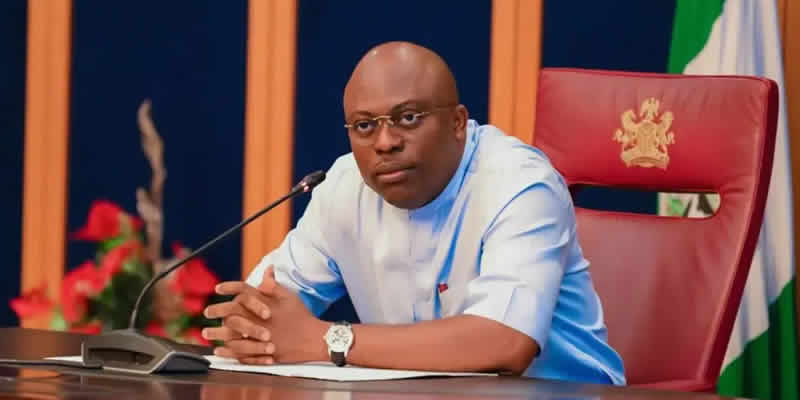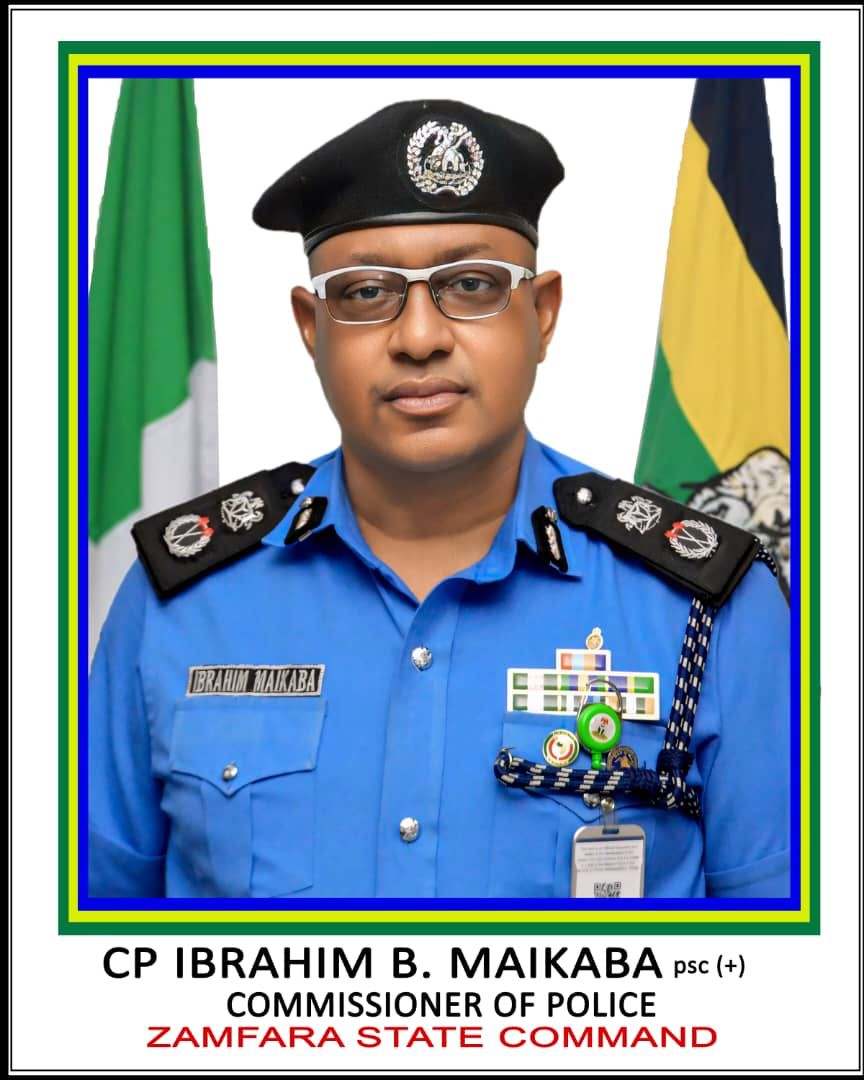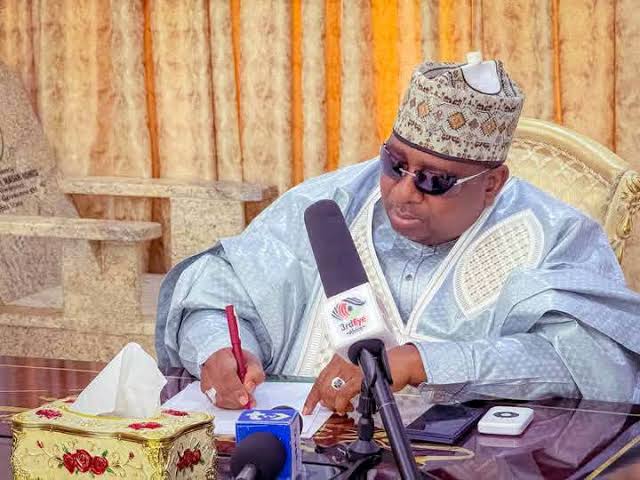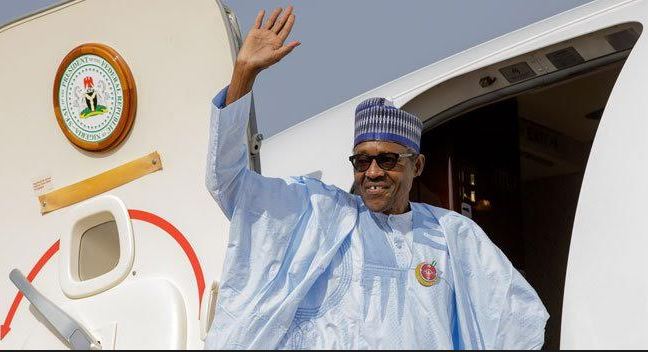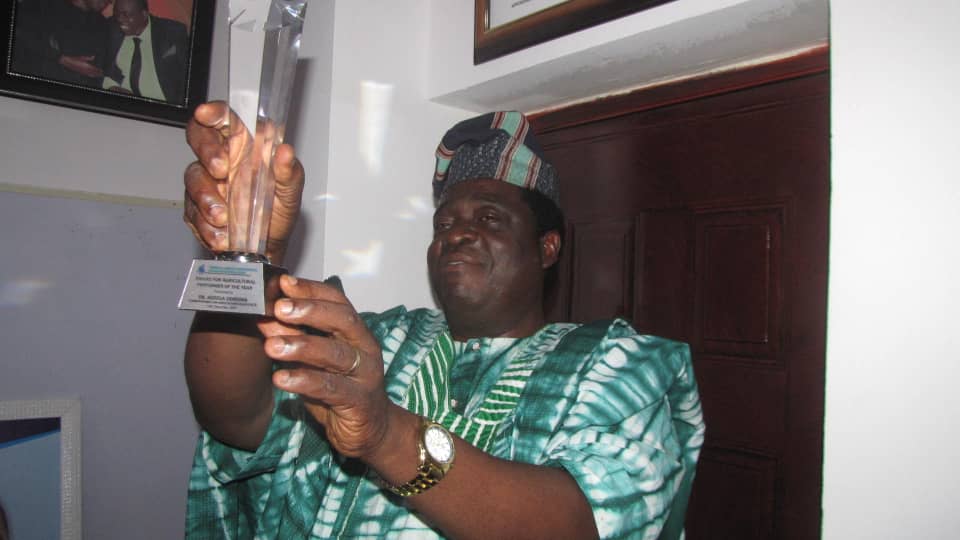By: Wole Olujobi.
The scramble has begun. Just like the scramble for Africa when the Europeans driven largely by economic interest invaded Africa most viciously to suppress the natives and plunder their resources to “develop the people living in the woods”, the natives are here in Nigeria in the triumphant entry of the triumvirate in a scheme to seize the levers of power to, according to the alliance, rebuild in four years the temple that was razed in 65 years, to shame Solness, the principal character in the Norwegian playwright Henrik Ibsen’s “Master Builder”, in his grave.
But unlike the European invasion when foreigners staged a showdown with the natives to rob them of their history and fortunes, it is the natives who are hell-bent on seizing the cake they are not prepared to bake.
In the People’s Democratic Party (PDP) that has undergone cell divisions from the trinity of three souls in one body to the Social Democratic Party (SDP) Africa Democratic Congress (ADC) and African Democratic Alliance (ADA), foremost members of these parties with deep roots in PDP are in the loop gearing up in frenetic struggle to lead the nation, which, according to them, needs experts of their sorts that enjoy strict monopoly of competence.
Even though it is within their constitutional right to aspire to lead the country, the Constitution that gives them that right does not prescribe that “tired and failed” individuals have the right to add to the electorate’s burdens in their democratic alternative to make progress.
Three individuals have stood out in the crowds of aspiring politicians struggling to lead Nigeria. They are Atiku Abubakar of PDP, ACN, APC and ADC; Rotimi Amaechi of both APC and ADC; and Peter Obi of PDP, Labour Party and ADC, all sharing differing political identities that have the same desperation colour; the most mobile among the nomadic politicians being Atiku, who was first married to PDP and later got divorced to hook to ACN but later remarried to PDP before eloping again with APC only to duck again to seek shelter in PDP’s harem of an uneasy calm, forcing him to now seek a new suitor in ADC. This party packed punches and flexed muscles to re-launch its arrival to the applause of desperate politicians, the majority of whom are even ready to spend ONLY one term in office to shame Hong Kong in infrastructure marvel.
Atiku was Vice President for eight years. Obi was governor for eight years in Anambra State, and Amaechi was governor of Rivers State for the same period.
In the unfolding scenario, Malam Nasir el-Rufai, apparently the most bitter of the lot over ministerial bid that ended in fiasco and disappointment, and who had almost 20 years in marathon runs in government positions of high authority in the past, appears to be the doorman for the three men whose past performances in government can hardly elicit Nigerians’ confidence for credible performance as President.
For Atiku, by the time the dust of his tenure in government settled, the story that Nigerians could tell revolved around the “special purpose vehicle” that recklessly drove the Federal Government’s privatisation programme into the bazaar of self-interest where the state’s assets allegedly landed in the pockets of cronies.
In Anambra, the distant echoes of the Panama Files reverberated across the eastern coast of Onitsha precincts and the odious eddy of anger welled up to pummel that beleaguered state. Today, Rivers State is making history as the first state where a successor in the same party completely snapped liaisons with his predecessor over conduct not befitting of a responsible leadership.
Even as their baby ADC is cuddled by the “scramblers” for the soul of Nigeria, nothing will snap the delicate umbilical cord of the fragile baby than the vaulting ambitions and enlightened self-interest of the competitors whose private interests seem to overshadow the corporate interests of Nigeria and her unity.
Self-interest, according to history books, is always the albatross among the competitors of differing passions in a common goal. It happened in ancient Rome among a group of three men holding power in a trinity during the First Triumvirate of Julius Caesar, Pompey, and Crassus in 60 BC,
Largely driven by ego and passion for absolute power, Caesar appropriated the collective authority of the triumvirate by driving Pompey to a disgraceful death in Egypt.
Crassus the moneybag, jealous of Caesar’s military prowess, thought that being “merely” the richest man in the known world was not good enough, and so he had to become a military hero, too. His determination to glorify himself on the battlefield, coupled with his military incompetence, led to his death, as he scrambled to lead the Roman Empire, leaving Pompey and Caesar with nobody to play the third leg of the tripod.
Soon, Pompey grew wary of Caesar’s growing ambitions after entering Italy with his army. Pompey responded with a war but lost the battle. Caesar triumphed over co-travellers after a chummy relationship went awry over power relations.
The same happened in the Second Triumvirate in a coalition formed by Mark Antony, Lepidus, and Octavian in 43 BC. The alliance collapsed due to the escalating ambitions and rivalry of its members, culminating in a civil war.
In modern history too, the latest in the West is the triumvirate of President Donald Trump, Elon Musk and combination of tech wizards Mark Zuckerberg and Jeff Bezos, that is dictating the policy pace of the United States until recently when Musk parted ways with Trump in a hostility that dovetailed into Musk’s attempt at raising an alternative political platform to challenge America’s political status quo.
Individuals’ ambitions have since snapped the cord of amity that binds them into a marriage of convenience. The same thing happened, and it is still happening to APC shortly after it emerged from the ashes of PDP, N-PDP, ACN, ANPP, and CPC.
Today, the triumvirate of Atiku Abubakar, Rotimi Amaechi, and Peter Obi, which is being coordinated by El-Rufai, is one of the latest in the series of other alliances the world has witnessed in the process of the elite group’s romance with power.
Atiku, a serial and professional presidential election contestant notorious as the most mobile of all active nomadic politicians, has demonstrated in no unmistakable terms that self-interest is more hallowed than demonstrated patriotism to sacrifice self for the growth of the nation.
Both his party’s Constitution and Constitutional Conference, when Nigeria was on the verge of collapse over a power-sharing formula, prescribed power rotation between the North and South.
Noble politicians in the North reasoned that the unity of the nation must be kept, hence Chief Olusegun Obasanjo must succeed General Abubakar Abdusalami to hold power for eight years to douse the tension created by the murder of the late Chief MKO Abiola over the June 12, 1993 presidential election, which he won, but which the anti-south potentates in the top echelons of the ruling class would not tolerate.
Atiku, as Vice President, allegedly spent three years of Obasanjo’s first term plotting his downfall so that he could climb to power. But Obasanjo is a soldier, a tested, calculating, and vicious soldier at that! He had learnt Atiku’s idiosyncrasies by rote, including the noxious particulars of his alleged vices, which he believed would be exploited to nail him to the cross of ambition in his burning desire to rule at all costs.
Obasanjo, the fox, therefore put Atiku in charge of the economy and planted cronies to monitor his activities. Their returns gladdened the heart of the Aso Rock, who promptly used the alleged humongous thefts in the alleged privatisation fraud to blackmail Atiku. Obasanjo, who had also earlier pummelled Atiku on alleged over-reliance on the augury of the marabouts for power, later swore that God would never accept him into His kingdom if he ever supported Atiku to lead Nigeria. Till today, Atiku is still living with that albatross, though, to him, that blackmail is not vile enough to force him to recoil in his shell in his desperate ambition to rule Nigeria.
For El-Rufai, Obasanjo painted him in the image of Cassius, the frail coordinating Roman rebel leader in Julius Caesar’s murder enterprise, while also dismissing the former Kaduna helmsman as an audacious liar, a man that changes loyalty like the skin of the chameleon and a dude that carelessly stirs the hornet’s nest without the courage of his vices.
Today, El-Rufai, the gateman, is facing an alleged fraud probe in Kaduna, while Peter Obi is on trial in the hearts of Nigerians over alleged impropriety in the Panama Papers, even as Atiku rides in his special purpose vehicle on the privatisation super highway to a more crushing poverty for Nigerians. The irate Amaechi is packing punches in his huge frame to seize the coalition’s ticket too in a rage too consuming that has yet to find a formula to douse.
Atiku, Obi, and Amaechi are now in alliance to wrest power, according to them, to fix Nigeria that they were once accused of unfixing. Yet, fix they must, they insist, even though there is nothing to prove that after their past runs in the positions of authority, they can prove any capacity to fix Nigeria.
But who among them is willing to yield the steering of ambition’s vehicle to the other in the rebellion of differing and distrusting companions that will ultimately collapse due to internal divisions, strategic miscalculations, and a lack of coordination as underhanded politics unfolds? None, a discerning mind can assert, for at the core of the difficult times for Nigeria is the mono-economy that relies heavily on oil wealth with all the gladiators in the new coalition promising the same policy of subsidy removal as an essential element of their economic policies to fix Nigeria.



